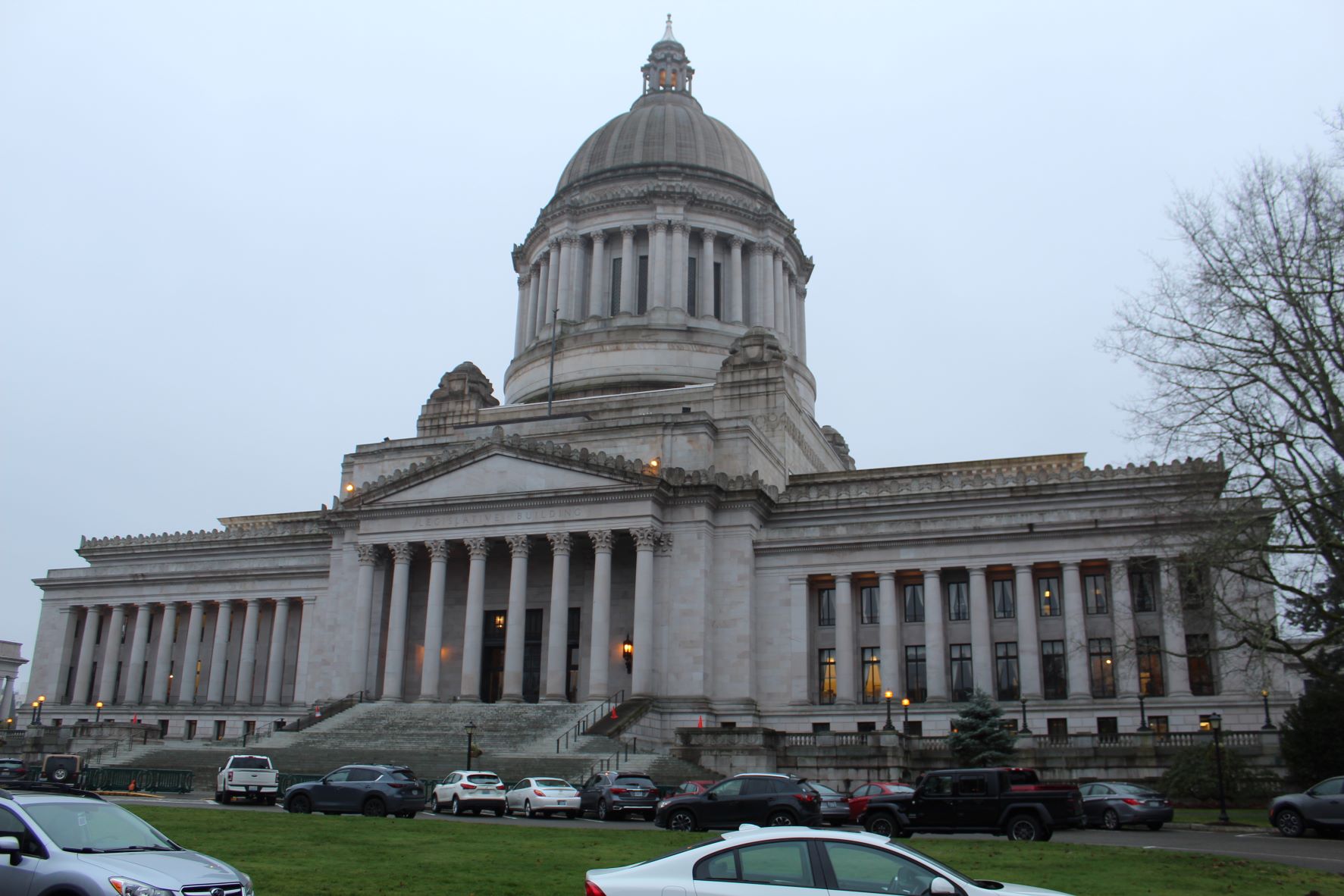
Five Washington state gun control measures including bills to require gun owner liability insurance, a permit-to-purchase, a special ammunition tax, and a limit on the number of guns someone could purchase in a 30-day period appear to have died in committee this week.
None of the bills made it out of committee by a pre-determined “cutoff” date, and two well-placed sources in Olympia said it appears all of them are dead. However, one state lawmaker reminded TGM that “nothing is completely dead as long as the session is on.” The legislature remains in session until early in March.
Bills that did not make it out of committee are:
House Bill 1902, requiring permits to purchase firearms, with an included training requirement. A similar mandate in neighboring Oregon was declared unconstitutional late last year.
Senate Bill 2054, which would have limited gun purchases to one per month.
House Bill 1178, repealing Washington’s 40-year-old model preemption statute. This has been a controversial effort for several years. Washington’s law was first adopted in 1983 and strengthened in 1985, the year Seattle hosted the National Rifle Association annual member’s meetings and exhibits at the Seattle Center. Seattle Mayor Bruce Harrell has been an outspoken critic of state preemption because he wants the authority to adopt city gun control ordinances.
Senate Bill 5963, mandating liability insurance for every gun owner. This one raised hackles because in recent years, some groups had offered some types of insurance but the state Insurance Commissioner’s office took court action to keep them out.
House Bill 2238, which would have established an 11 percent tax on ammunition.
Still under consideration is House Bill 2118, which has been dubbed the “FFL Killer” because it would add a pile of new restrictions on licensed firearms dealers. A substitute bill was submitted, but it did not make any difference in the opposition.
Whether any of the “dead” bills will experience a sudden resurrection is a matter of speculation, and some leaders in the gun rights movement have quietly suggested Evergreen State gun owners have once again prevailed in their opposition to such radical proposals.



